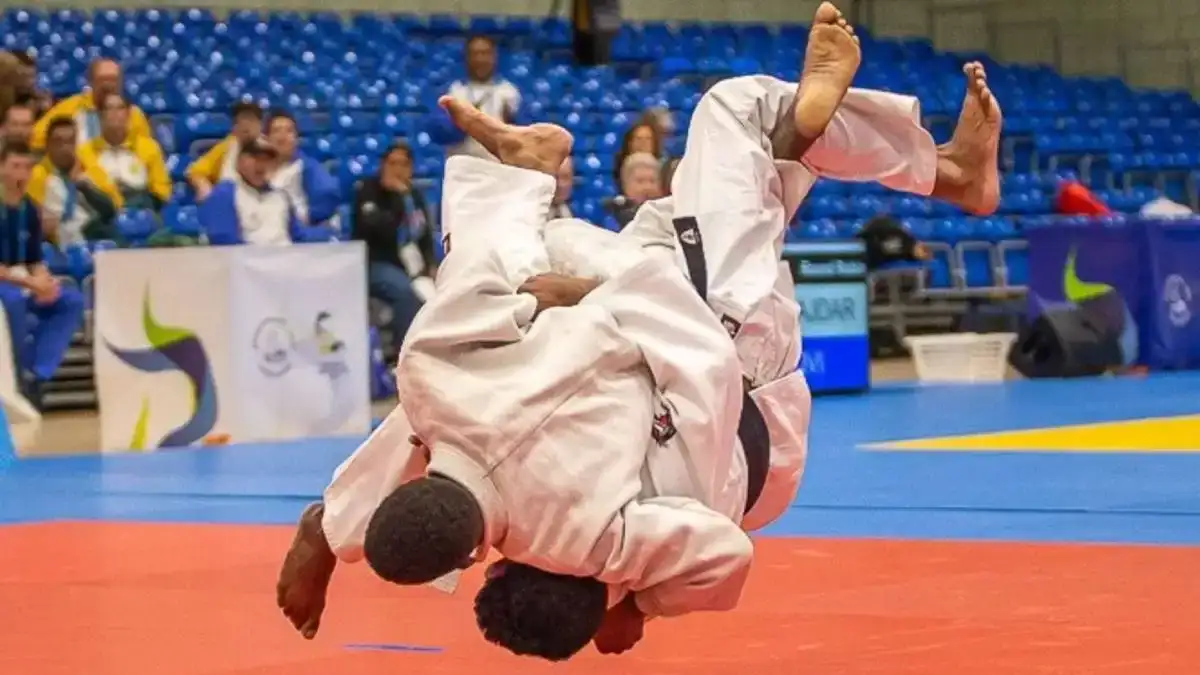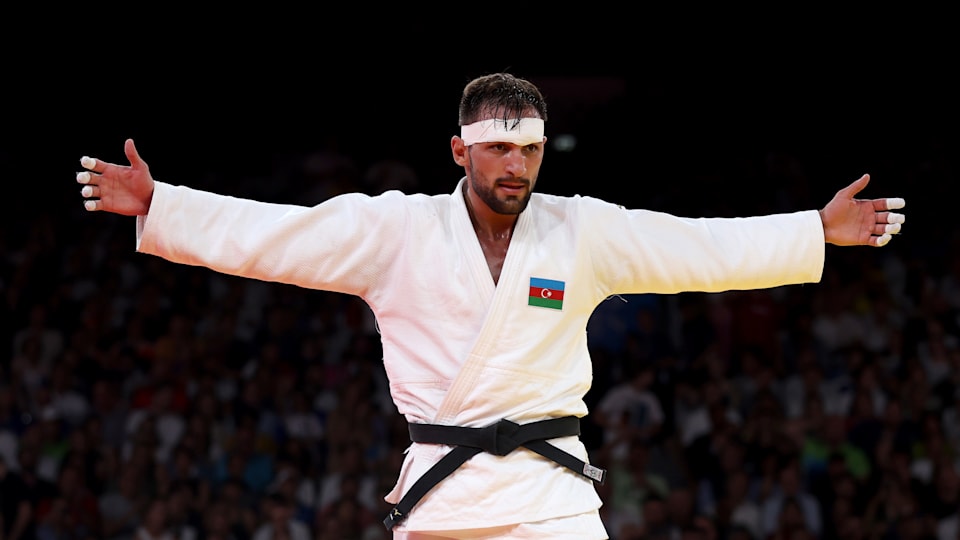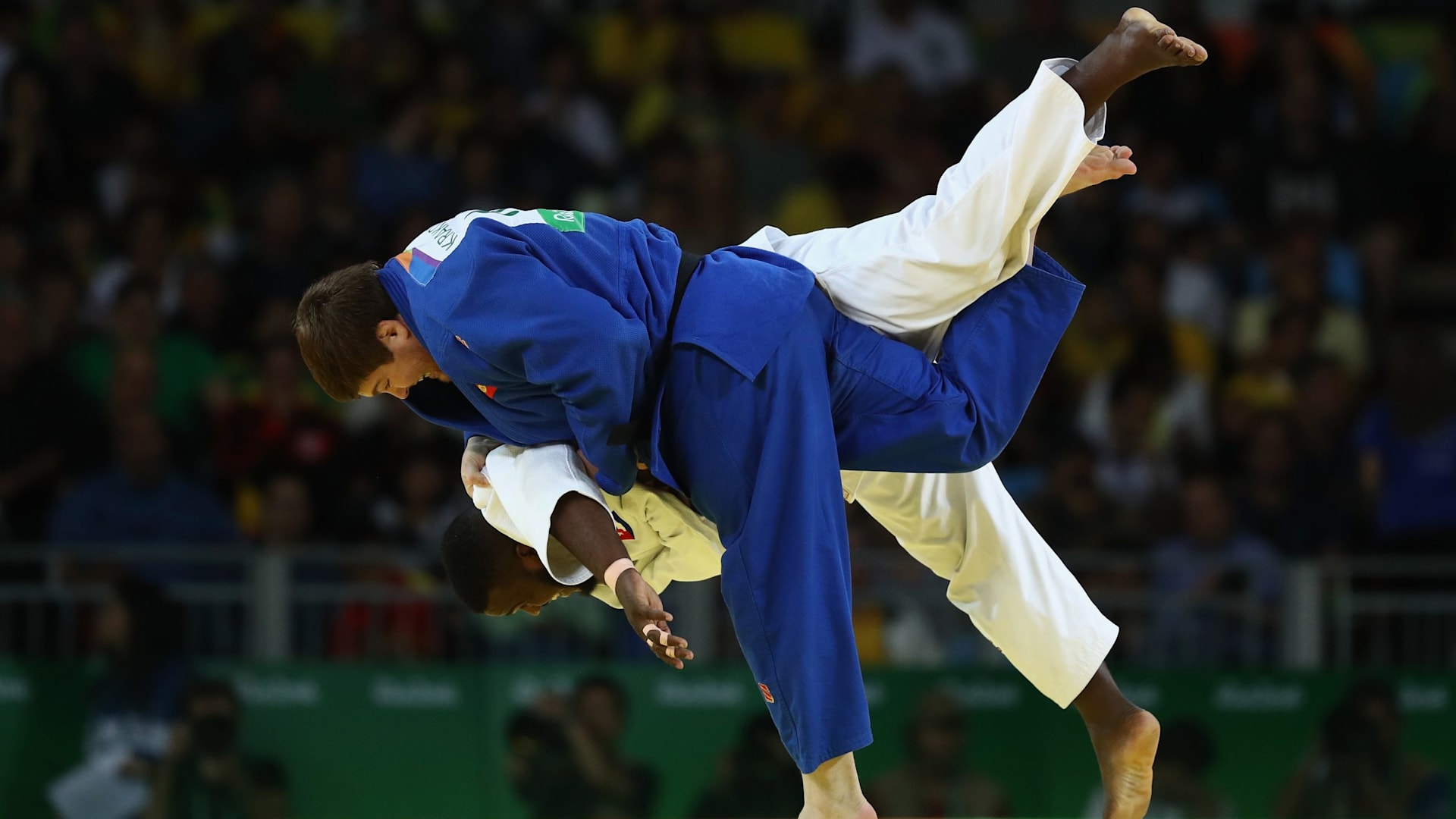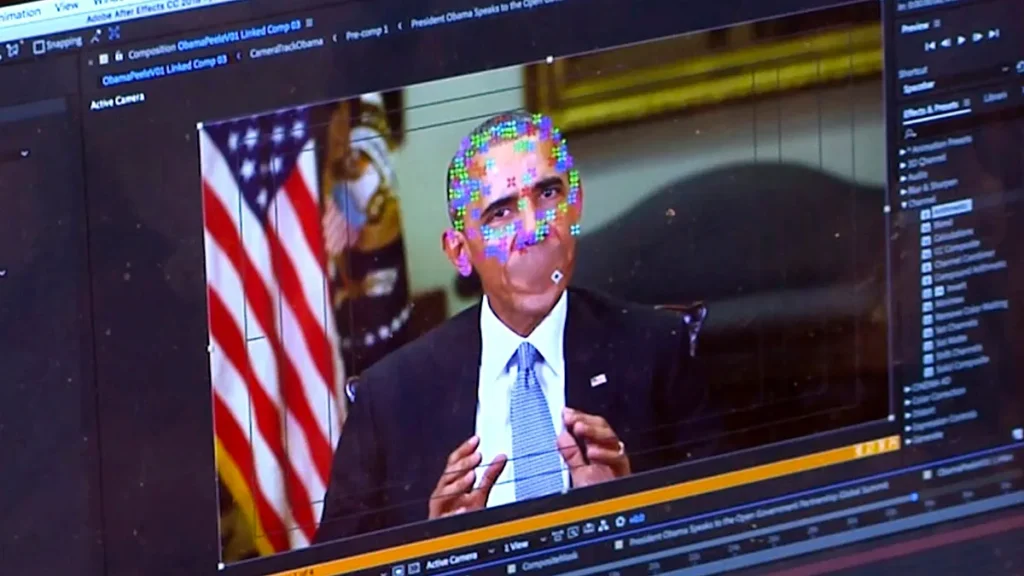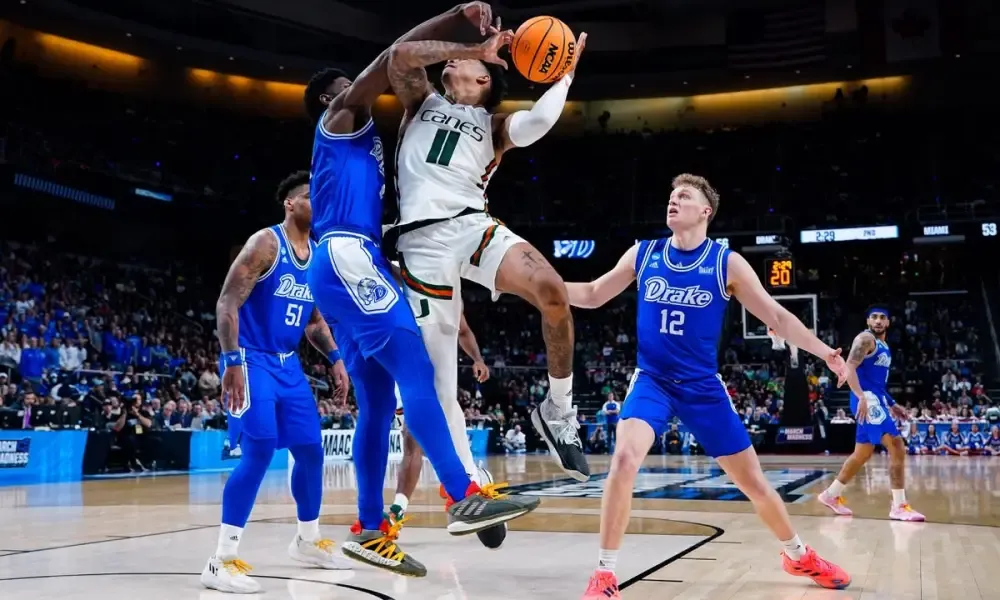Precision and Power: Judo at Paris 2024
As the Paris 2024 Olympic Games approach, judo is poised to showcase its dynamic blend of precision, power, and technique. Known for its intricate grappling and throwing techniques, judo has captivated audiences since its inclusion in the Olympics in 1964. The upcoming Games will provide a platform for the world’s best judokas to demonstrate their skills in a sport that emphasizes discipline, respect, and athleticism.
A Brief History of Judo in the Olympics
Judo, developed in Japan by Jigoro Kano in the late 19th century, has evolved from a martial art into an Olympic sport. The first Olympic judo competition took place in Tokyo in 1964, and it has since grown in popularity globally. Over the years, judo has become a staple of the Summer Olympics, with numerous nations competing for gold medals in various weight categories.

The Venue: A Historic Setting
The judo competitions at Paris 2024 will be held at the Grand Palais Éphémère, a stunning temporary structure located on the Champ de Mars. This iconic venue will not only provide a breathtaking backdrop for the athletes but also enhance the overall experience for spectators. The choice of location reflects the French commitment to showcasing their rich cultural heritage while hosting a modern sporting event.
Competition Format and Weight Categories
Judo competitions at the Olympics feature both men’s and women’s events, divided into different weight categories. Each weight category is designed to ensure fair competition among athletes of similar sizes and strengths. The primary weight categories for men and women include:
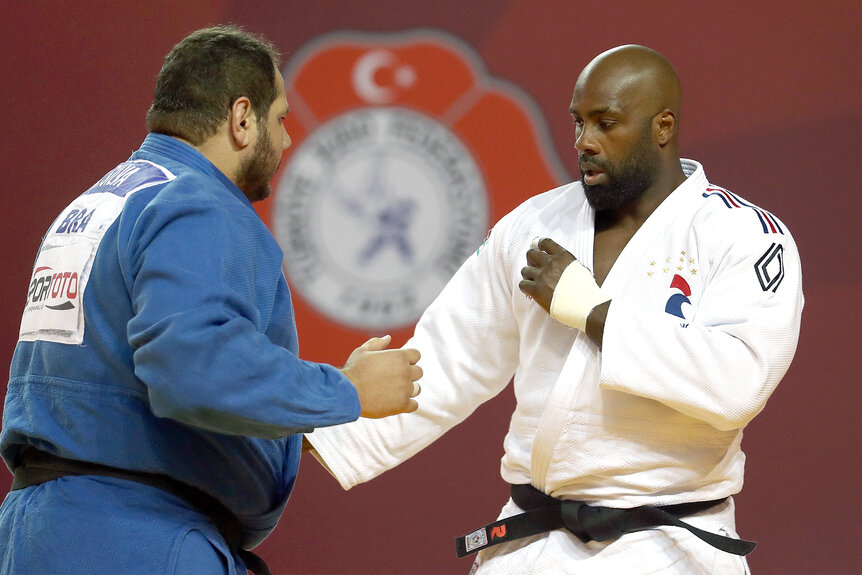
Men’s Categories: 60 kg, 66 kg, 73 kg, 81 kg, 90 kg, 100 kg, and +100 kg.
Women’s Categories: 48 kg, 52 kg, 57 kg, 63 kg, 70 kg, 78 kg, and +78 kg.
The competition format generally includes preliminary rounds, quarter-finals, semi-finals, and finals, with athletes earning points based on their performance. The top competitors from each category will vie for Olympic glory.
The Importance of Technique and Strategy
Judo is a sport that combines physical strength with mental acuity. Athletes must master various techniques, including throws (nage-waza), pins (osaekomi-waza), and submission holds (shime-waza). Success in judo requires not only physical prowess but also strategic thinking and adaptability. Judokas must quickly assess their opponents’ strengths and weaknesses, allowing them to execute their techniques effectively.
Judo training typically involves rigorous physical conditioning, including strength training, agility drills, and flexibility exercises. In addition, judokas spend countless hours perfecting their techniques through randori (free practice) and kata (pre-arranged forms), which are essential for developing muscle memory and precision.
Notable Athletes to Watch
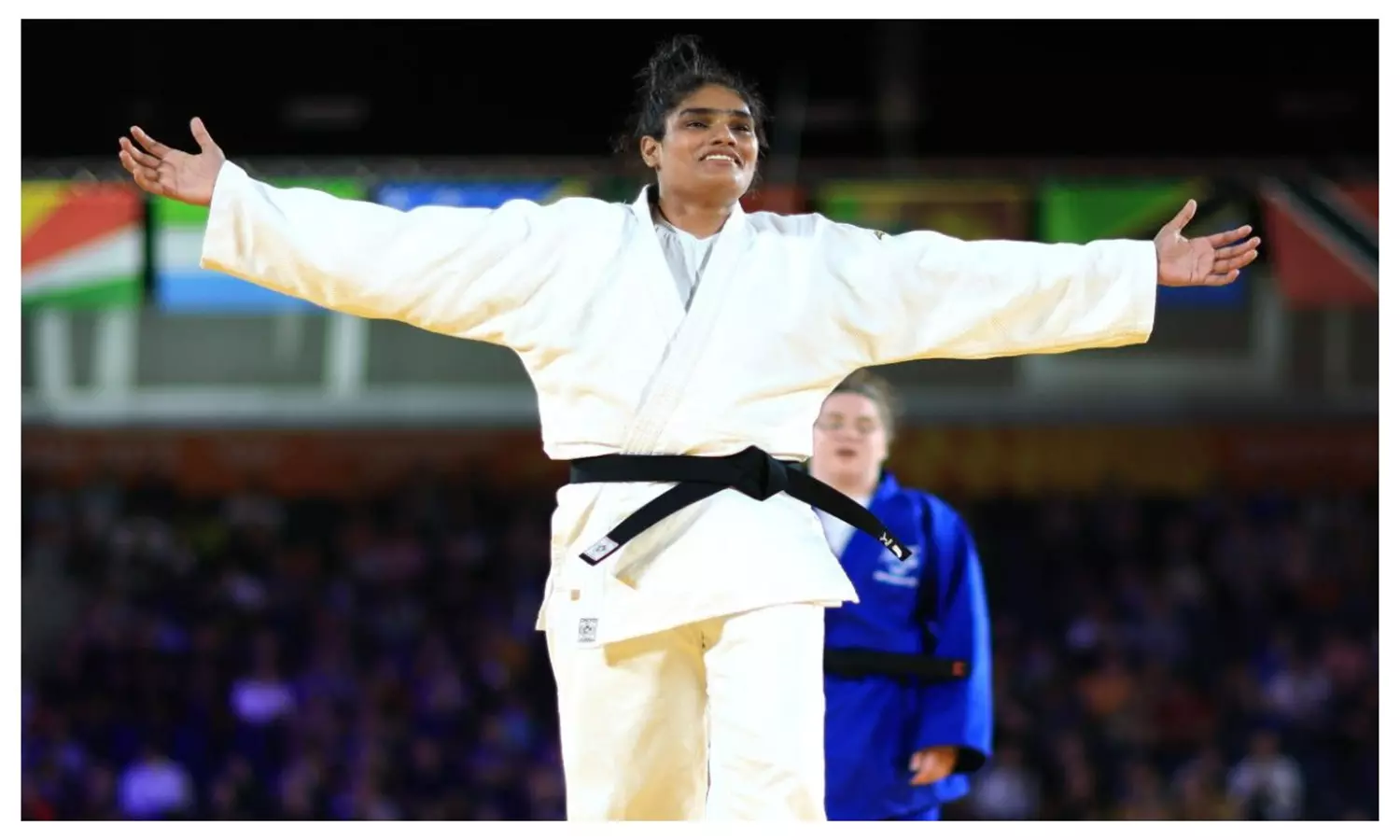
As the Olympic Games draw nearer, several judokas are emerging as frontrunners for medals:
Teddy Riner (France): The reigning heavyweight champion and two-time Olympic gold medalist, Riner is a formidable presence on the mat. His combination of size, strength, and technique has made him a dominant force in judo.
Clarisse Agbegnenou (France): A two-time world champion and Olympic gold medalist, Agbegnenou is known for her exceptional skill in the 63 kg category. Her aggressive style and technical prowess make her a favorite to win gold in Paris.
Shohei Ono (Japan): A highly decorated judoka in the 73 kg category, Ono has consistently demonstrated his ability to perform under pressure. His impressive technique and mental fortitude make him a strong contender for a gold medal.
Rafaela Silva (Brazil): The 57 kg judoka and Olympic champion is known for her explosive style and tactical approach. Silva's experience and determination could lead her to another podium finish.
The Role of Culture and Respect in Judo
One of the core tenets of judo is the emphasis on respect and etiquette. Athletes bow before entering and exiting the mat, demonstrating respect for their opponents and the sport itself. This cultural aspect of judo sets it apart from other combat sports and highlights the importance of discipline and humility. The spirit of mutual respect is essential not only for athletes but also for coaches, referees, and spectators.
Fan Engagement and Technology
As the Paris 2024 Olympics approach, organizers are leveraging technology to enhance fan engagement. Virtual reality experiences, interactive social media campaigns, and live streaming of training sessions are among the initiatives aimed at connecting fans with their favorite athletes. The integration of technology will provide a more immersive experience, allowing fans to feel closer to the action on the mat.
The Future of Judo
Judo's inclusion in the Olympics has contributed to its growth and popularity worldwide. National federations are investing in grassroots programs to encourage participation among young athletes. Initiatives promoting gender equality in sports have also led to increased opportunities for female judokas, helping to break down barriers and inspire future generations.
Conclusion
Judo at the Paris 2024 Olympics promises to be an exciting and impactful event, showcasing the best athletes from around the world as they compete for glory. The combination of precision, power, and cultural significance makes judo a unique and captivating sport.
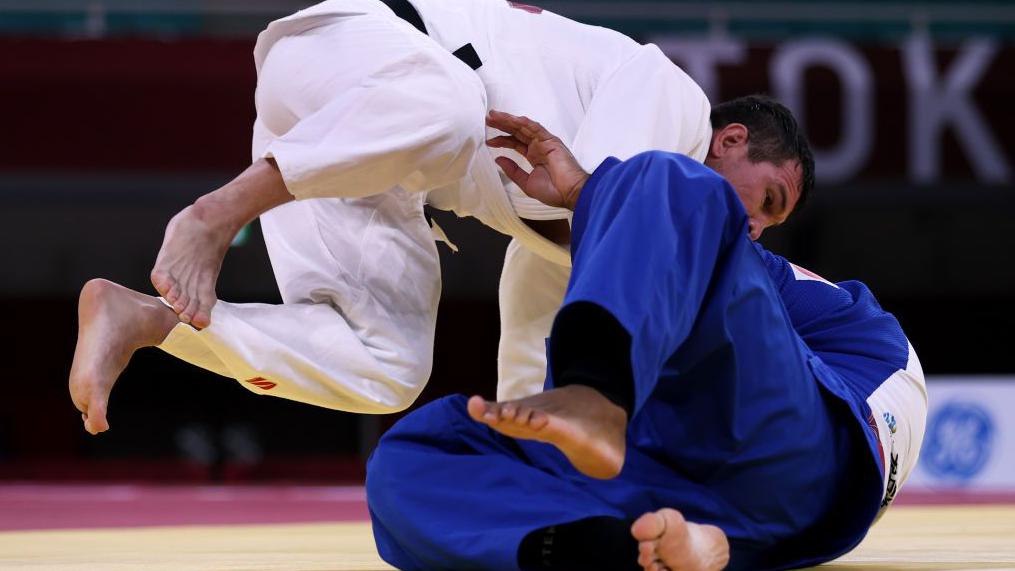
As athletes prepare to demonstrate their skills on the international stage, the essence of judo—respect, discipline, and camaraderie—will be at the forefront of the competition. The Paris 2024 Olympics will not only highlight the incredible talent within the sport but also inspire future generations to embrace judo's values and pursue their passions.
For more updates on the judo events at Paris 2024, athlete profiles, and competition schedules, follow the official Olympic channels and the International Judo Federation.

